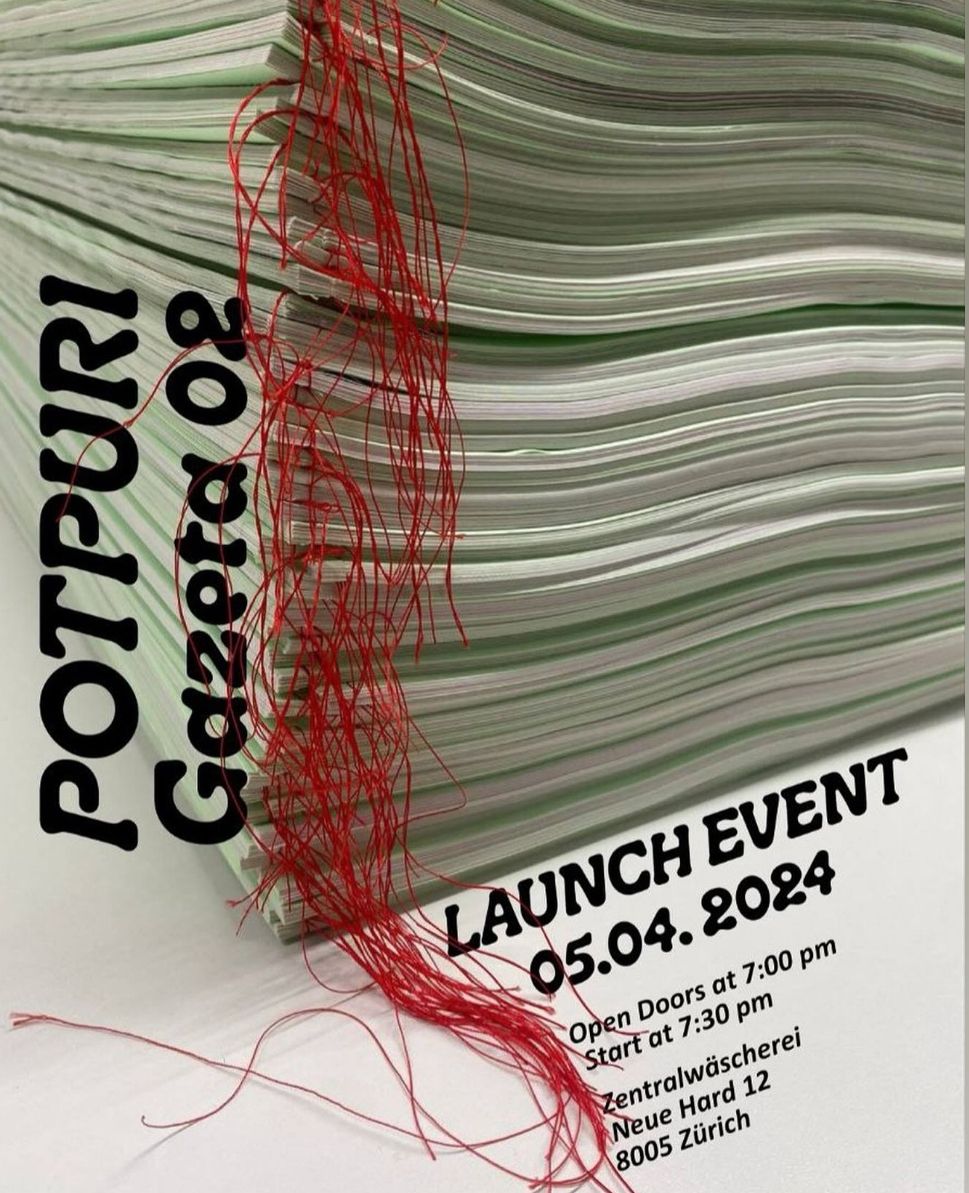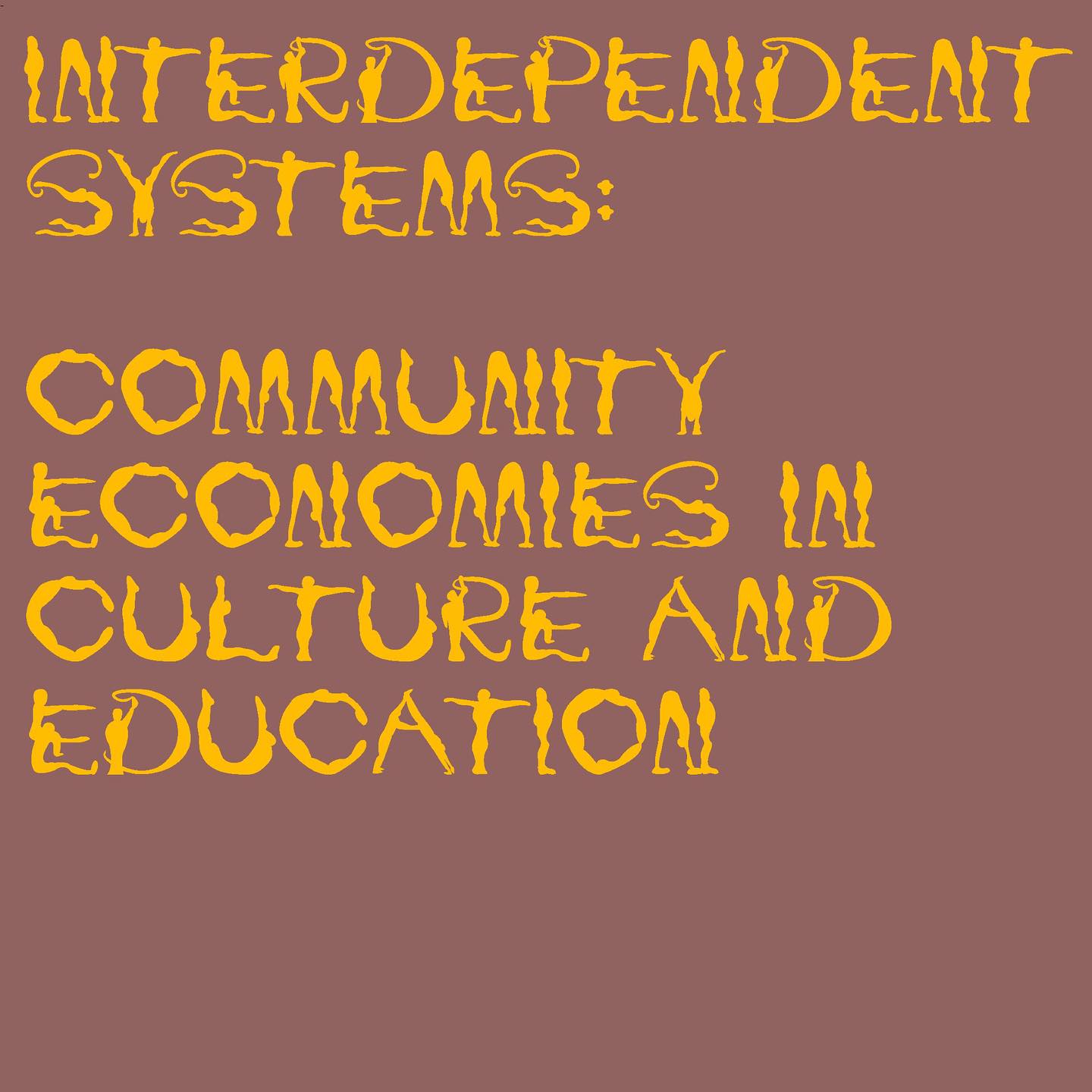In 2022 Potpuri produced the first independent, experimental and handicraft newspaper print in Kosovo, a few years after all commercial newspapers were discontinued. Our collective goals were to experiment with research and production methodologies, to put play over aesthetics, to craft the product ourselves rather than outsource to providers, as well as make the process transparent (we curated an exhibition which was a ritualistic offering, a playful scenography displaying all parts of our process) and accessible (we offered the newspaper through suggested pricing). We have been working together for a year, attending weekly meetings, coming into collective decisions, researching and writing, maintaining an online platform, facilitating a process based on inclusivity and openness, horizontal decision-making and community driven by self-initiative and care practices. We have one another’s insistence to further develop our work to speak for the sustainability of our collective. Our work in developing core practices, principles and strategy is ongoing even though financial sustainability and self-renewal are unsure as of now. Our practice has in a way preceded disproportionate theorizing, our ability to nurture a collective has preceded the labile terrain in which we operate. Such a creative process is not something that our current modes of production and economic distribution currently allow, and as such we are left to wonder: How can the learner and practitioner survive in precarity? How can you forge support when peripheral ways of seeing and being are overshadowed by the consent manufactured through media and big companies? How can a collective thrive without answering to the intersectional issues an individual faces when striving to make a living? How can interest and desire to work in the collective continue and renew without individual consideration, care and trauma-informed communities? What alternatives can we imagine?
The project we are proposing bridges together the recurring and all-encompassing impediments in implementing collaborative initiatives in cultural and art production in general, and the situation we face currently in our work process – precarity. We bring fresh perspectives with regard to production and design practices, experiential learning, naturally emerging practices within a community-run initiative, and how performing and publicizing such research reflects and is reflected by the culture in a country with such low social mobility.
We will focus on overcoming and integrating precarity through a multimodal lens, and different activities throughout collective work processes.

